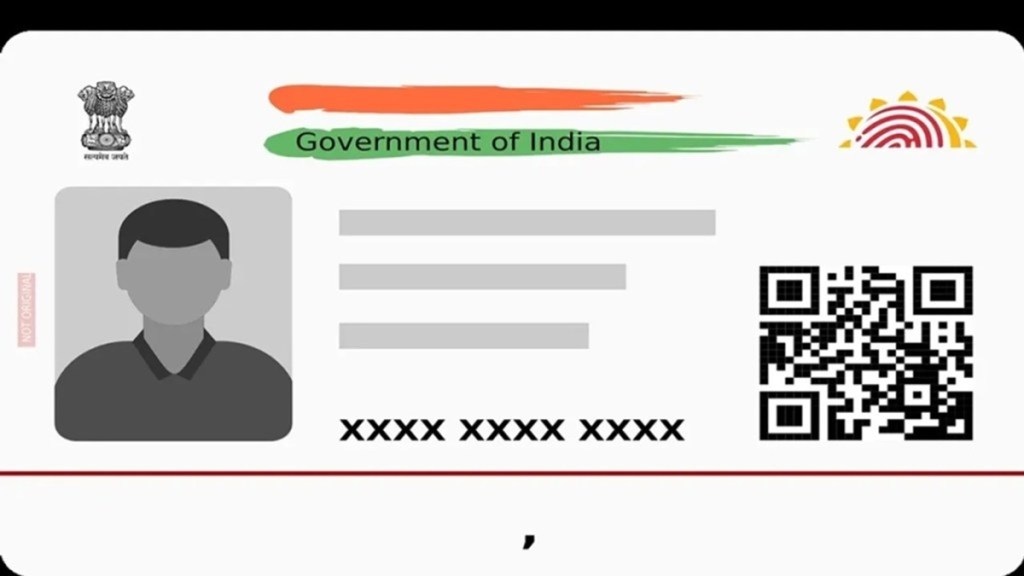With Aadhaar now linked to almost every essential service, many people remain unsure whether it can serve as proof of date of birth or Indian citizenship. The Unique Identification Authority of India (UIDAI) has repeatedly clarified that the 12-digit Aadhaar number can be used only as proof of identity and not as proof of citizenship.
Yet, rumours continue to circulate about what Aadhaar can and cannot be used for. To put the confusion to rest, the UIDAI has once again clarified that while Aadhaar establishes a person’s identity, it cannot be treated as proof of domicile or citizenship.
“An Aadhaar number may be used for establishing the identity of the Aadhaar number holder subject to authentication or offline verification,” stated a recent order issued by the Department of Posts, which comes under the Ministry of Communications.
“An Aadhaar number or the authentication thereof, is not a proof of citizenship or domicile in respect of Aadhaar number holder, the order said, adding that it is not a proof of date of birth and “hence, must not be used for establishing the date of birth of the Aadhaar number holder conclusively.”
The government has asked all post offices to circulate the latest clarifications to all concerned for information and necessary guidance. “Same may also be placed on the notice board of all post offices in public area,” the order said.
Which services have made Aadhaar mandatory?
Aadhaar has become integral to several financial and government-related services. Many benefits and transactions today are not possible without furnishing your Aadhaar number.
It is mandatory for filing income tax returns (ITRs), linking PAN, opening bank accounts and purchasing new mobile SIM cards. Aadhaar is also required for certain investments such as mutual funds and other instruments that involve KYC verification. Most government subsidies and welfare schemes too require Aadhaar authentication.
Aadhaar usage in welfare schemes
Aadhaar is essential to receive government subsidies and benefits under programmes like the Direct Benefit Transfer for LPG (DBTL). It is also mandatory for pension schemes such as the Employees’ Pension Scheme (EPS) and the Atal Pension Yojana (APY).
In addition, Aadhaar is required to access scholarships, labour welfare benefits, and several other services including obtaining a mobile connection or a driving licence.
UIDAI hikes fees for updating Aadhaar details
Meanwhile, updating details in Aadhaar has started costing more, effective October 1. The fee for demographic changes, such as name, address, or date of birth, has been increased from Rs 50 to Rs 75. Similarly, the charge for biometric updates has been revised from Rs 100 to Rs 125. This is the first revision in Aadhaar update fees in nearly five years.
Aadhaar enrolment and updates for newborns, however, will continue to remain free of cost. The revised fees apply only to changes made after an Aadhaar number has been issued, including demographic and biometric updates. For children, biometric updates are mandatory at age five, again between five and seven, and once more between fifteen and seventeen years.


